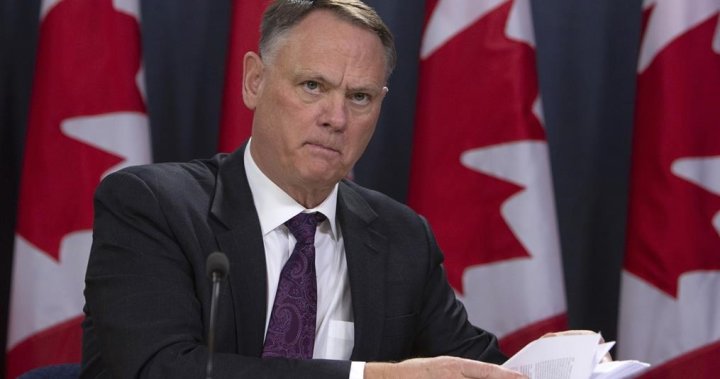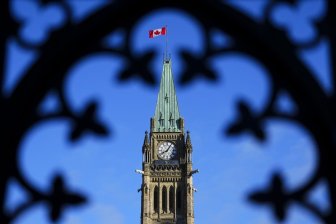The B.C. Civil Liberties Association is joining the case against Parliament’s national security committee’s secrecy provisions, arguing MPs and senators should be free to act as whistleblowers in the event Canada’s intelligence agencies abuse their powers.
The National Security and Intelligence Committee of Parliamentarians (NSICOP) was established in 2017 by the Liberal government to provide a measure of civilian oversight of the workings of Canada’s security and intelligence apparatus.
Canada had been a laggard among close security allies in allowing parliamentarians to review and report on the country’s necessarily secretive intelligence agencies. NSICOP was meant to address that gap at a time of growing national security concerns.
But the committee also swore its members to secrecy — even preventing them from disclosing evidence of serious wrongdoing to Parliament, and through it, the Canadian public.
Ryan Alford, a Lakehead University law professor, successfully challenged those secrecy provisions in Ontario Superior Court. Alford argued that swearing parliamentarians to secrecy required a constitutional amendment, as it violated their parliamentary privilege — a foundational concept in the Westminster system that gives politicians immunity from prosecution for what’s said in parliament.
Alford won the case, and the Canadian government is now appealing the decision. That appeal is set to begin on Tuesday.
“It’s about transparency and accountability in government which we see as fundamental pillars of our democracy,” said Vibert Jack, litigation director at the BCCLA, in an interview with Global News on Monday.
“(That’s) especially the case in the national security context where some of the worst violations of human rights and civil liberties tend to happen.”
The stakes for the government — and for Canada’s fledgling national security oversight body — are high.
NSICOP has produced several landmark reports, including a largely-overlooked 2020 report into foreign interference in Canada, which dropped a week before the COVID-19 pandemic hit. The committee has also looked into diversity in Canada’s national security agencies, the country’s cybersecurity regime, and how military intelligence collects and uses personal information about Canadians.
But the all-party committee has also had a bumpy road in its first six years.
One of its founding members, former Conservative MP Tony Clement, resigned after the Toronto Star revealed he had been caught up in a sexting scandal with scammers. The Conservatives under former leader Erin O’Toole withdrew its members after a spat with the Liberal government over documents related to a high-security Winnipeg virology lab.
In the committee’s 2022 annual report, the committee’s chair, David McGuinty, said NSICOP was having difficulty both getting the government to respond to the committee’s recommendations as well as getting information from the national security agencies it reviews.
But if Alford’s arguments are upheld by the courts, the structure of the committee — and the obligations placed on its members — would change dramatically, and potentially have implications for how those agencies interact with parliamentarians.
“We would obviously be very disappointed if the committee was disbanded or the system was taken away. That’s certainly not the goal,” Jack said.
“It’s just the element of the (legislation) that could subject parliamentarians to punishment, even imprisonment, simply for demanding transparency and holding the (government) accountable that’s very problematic. It really undermines the idea of checks and balances between the branches of government.”
The government’s appeal is scheduled to be heard at the Ontario Court of Appeal at 10 a.m. on Tuesday.
© 2023 Global News, a division of Corus Entertainment Inc.



